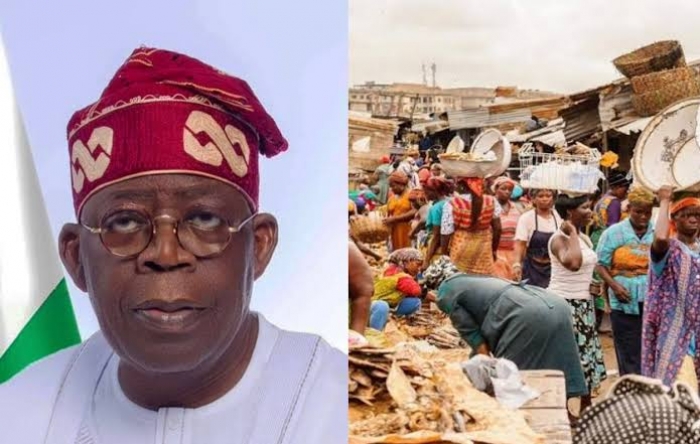June 18, 2025
Nigeria imports N1.2tn worth of crude oil as domestic production falls short
by Super User
Despite its status as Africa’s largest crude oil producer, Nigeria spent N1.19 trillion importing crude…
June 14, 2025
Tinubu's pardon of 'Ogoni Nine' rejected by Ogoni people
in POLITICS
by Super User
Ogoni activists on Friday rejected a posthumous pardon for nine members executed three decades ago…
June 16, 2025
Harvard happiness expert: Do this easy exercise right now to stay socially connected
in FEATURES
by Super User
Renee Onque An 87-year-long Harvard study found that social fitness — maintaining your personal relationships…
June 14, 2025
Traditional healer treats the sick with snake bites
in Strangely
by Super User
Rosalio Culit, also known as Datu Kamandag among his fellow Manobo tribe members in Surigao…
June 15, 2025
Over 100 feared dead as gunmen attack Benue communities in night of horror
in Crime
by Super User
At least 100 people have been killed in a brutal overnight attack on Yelewata, a…
June 18, 2025
What to know after Day 1210 of Russia-Ukraine war
in WARS
by Super User
WESTERN PERSPECTIVE G7 abandons joint Ukraine statement as Zelenskiy says diplomacy in crisis Ukrainian President…
June 13, 2025
Your favorite alcoholic beverage linked to deadly form of cancer, study finds
Nicole Saphier joins 'America's Newsroom' to discuss the surgeon general pushing for cancer warning labels…
May 13, 2025
Nigeria's Flying Eagles qualify for World Cup after dramatic win over Senegal
in Sport
by Super User
Nigeria's U-20 national football team, the Flying Eagles, have secured their place at the 2025…


































































